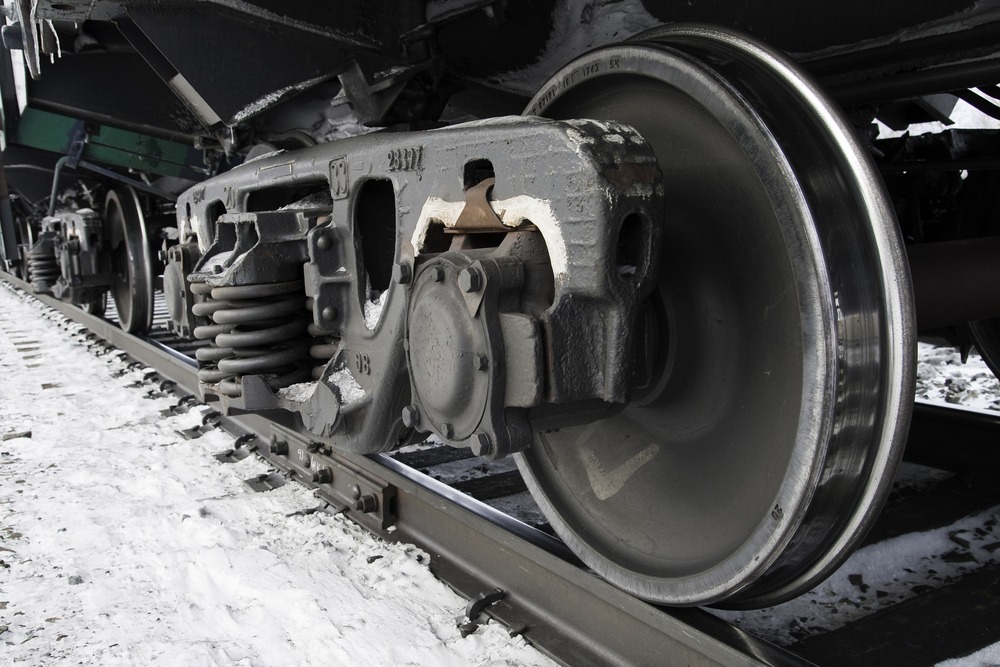
The U.S. Department of Transportation (DoT) rescinded a 2015 rule mandating the use of electronically controlled pneumatic (ECP) brakes on train cars on Monday, citing “incomplete” evidence to support claims that ECP brakes are superior to other braking technologies.
When finalizing the rule in 2015, DoT claimed that ECP braking technology was more effective in emergency situations. However, a study conducted in accordance with the Fixing America’s Surface Transportation (FAST) Act found “incomplete and unconvincing” evidence to support the claim.
“The National Academy of Sciences determined it was unable to make a conclusive statement regarding the emergency performance of ECP brakes relative to other braking systems,” the Pipeline and Hazardous Materials Safety Administration stated in a release. “In addition, the updated (regulatory impact analysis) incorporated recommendations from audits conducted by the U.S. General Accountability Office and updated costs and benefits of the ECP brake provision based on current economic conditions. This review demonstrated that the costs of this mandate would exceed three-fold the benefits it would produce.”
U.S. Sen. John Thune (R-SD), the chairman of the Senate Commerce, Science and Transportation Committee, said DoT’s decision to repeal the ECP brake rule puts “sound science and careful study” ahead of “flawed guesswork” that the department used in 2015.
“While new technologies offer potential improvement to railroad safety, regulators have a responsibility to fairly evaluate effectiveness and avoid arbitrarily mandating new requirements,” Thune said. “I applaud the department’s new leadership for reacting appropriately to the findings of independent experts and fixing a mistake.”